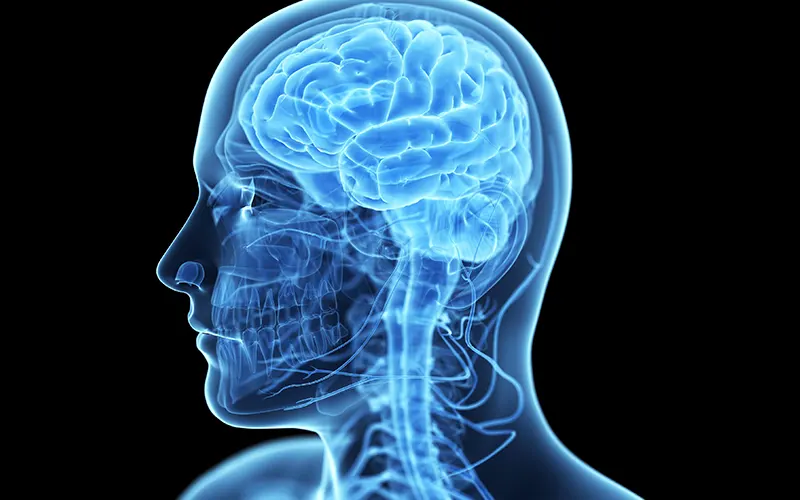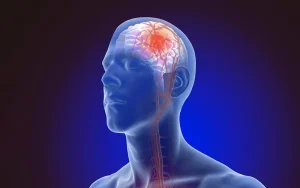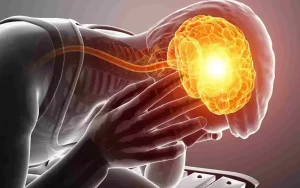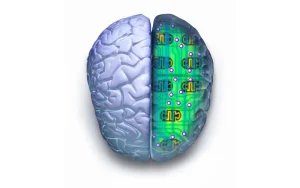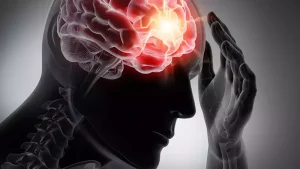Ischemic stroke survivors, who followed care recommendations from an AI-based system, experienced fewer recurrent strokes, heart attacks, or vascular deaths within three months. These findings were presented at the American Stroke Association’s International Stroke Conference 2024.
Lead study author Dr. Zixiao Li, Chief Physician and Professor at Beijing Tiantan Hospital, Capital Medical University, stated that the research demonstrated the effectiveness and feasibility of an artificial intelligence-based clinical decision support system for stroke care in clinical settings in China. The system improved patient outcomes by facilitating information exchange between neurologists and AI, leveraging their combined strengths.
Dr. Li emphasized the significance of timely evaluation and decisions for stroke diagnosis and treatment in China, where ischemic stroke is the leading cause of death. Highlighting the global impact of stroke, particularly ischemic strokes, the 2024 Heart Disease and Stroke Statistics report from the American Heart Association revealed 7.44 million deaths attributable to stroke in 2021, with approximately half being ischemic strokes. In the U.S., 87% of strokes are ischemic, resulting from narrowed or clogged blood vessels, disrupting blood flow to the brain.
In the clinical trial named GOLDEN BRIDGE II, 77 hospitals in China were randomly assigned to two groups for providing diagnosis and treatment to ischemic stroke patients. One group followed recommendations from an AI technology system, while the other relied on assessments and recommendations made by the hospitals’ stroke care team. The AI system incorporated participants’ brain imaging scans, analyzed by AI, along with established clinical knowledge for stroke diagnosis, classification, and guideline-recommended treatment, as well as strategies to prevent secondary strokes.
For the over 20,000 participants in the study, researchers then assessed the occurrence of vascular events—such as ischemic strokes, hemorrhagic strokes, heart attacks, or death due to a vascular event—during a three-month follow-up period after their initial ischemic stroke.
The analysis revealed:
The utilization of the AI-based clinical decision support system resulted in a 25.6% reduction in the likelihood of new vascular events within the three-month period following the initial stroke. Additionally, stroke care quality improved, with patients in this group being more inclined to receive guideline-directed medical therapy.
After three months, participants treated in hospitals employing AI support encountered a lower incidence of total vascular events compared to those receiving conventional post-stroke evaluation and treatment (2.9% vs. 3.9%). No statistically significant differences in physical disability levels, assessed using the modified Rankin Scale Score, were observed between patients in either the AI-guided care or standard care group at the three-month mark.
“The notable decrease in new vascular events signifies the potential of AI to bring about tangible improvements in stroke care, benefiting a substantial population of stroke survivors,” stated Li, who also holds positions as a professor at the China National Clinical Research Center for Neurological Diseases, the Research Unit of Artificial Intelligence in Cerebrovascular Disease at the Chinese Academy of Medical Sciences, and the Chinese Institute for Brain Research, all located in Beijing.
Looking ahead, the aim is to validate more AI applications through clinical research, expanding the clinical decision support system to encompass various aspects of stroke care, including reperfusion therapy, long-term secondary prevention, rehabilitation, and beyond. Simultaneously, there is a hopeful anticipation that AI applications can be extended to address a broader spectrum of health conditions.
Read More : Blood test predicts post-ischemic stroke outcome
Study Overview:
Conducted from January 2021 to June 2023, this research spanned 77 hospitals across diverse regions of China. The study comprised 21,603 adults hospitalized for acute ischemic strokes, with approximately one-third being women and an average participant age of 67 years. The distribution of treatment approaches was nearly equal, with 11,054 individuals undergoing AI-based evaluation and treatment, while 10,549 received customary care based on assessments and recommendations from the hospital’s neurologists.
Almost all participants (21,579) completed the three-month follow-up, contributing to the final data evaluations. Prior to the study commencement, neurologists in the hospitals employing the AI technology underwent training on the stroke AI-clinical decision support system. Stroke care quality was gauged using an internationally recognized composite score, encompassing evidence-based performance measures for acute ischemic stroke care. These measures included eight at the start of hospitalization and five at discharge, as highlighted by Li.
Limitations of the study include the randomization of hospitals, rather than individual patients, to either the AI-based strategy or standard care. Variations in care patterns and outcomes across hospitals, along with subsequent outpatient care, may have influenced the results.
Furthermore, the sustainability of the observed improvements in care and outcomes requires additional evaluation. Continuous updates to the functionality of the stroke AI-based clinical decision support system, aligning with revised evidence-based clinical guidelines, may be necessary. Exploring more comprehensive and enduring clinical application models for the stroke AI-based clinical decision support system in addressing various health conditions and across diverse countries is also warranted.

